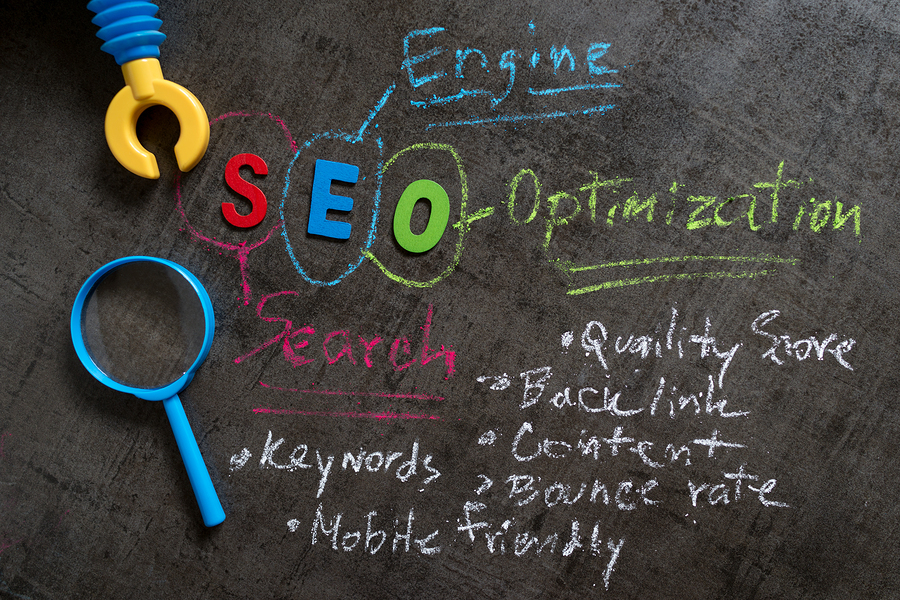If you have a website, you probably want it to be found by people who are searching for the products or services you offer. Search engines like Google, Bing, and Yahoo are the primary way people find websites, so it's important to optimize your website for search engines. Here are some tips on how to do that:
The first step in optimizing your website for search engines is to do keyword research. This means finding out what words and phrases people use when they search for the products or services you offer. You can use keyword research tools like Google Keyword Planner or Ahrefs to find relevant keywords and phrases.

On-page optimization refers to the changes you can make to your website's content and structure to make it more search engine friendly. This includes optimizing your website's title tags, meta descriptions, and header tags with relevant keywords.
It's also important to ensure that your website's content is high-quality, informative, and easy to read. Search engines prefer websites that provide value to their users, so focus on creating content that answers common questions, provides helpful tips, and showcases your expertise.
Mobile optimization is critical for search engine optimization (SEO) because more people are using mobile devices to search the web than ever before. In fact, in 2021, mobile devices accounted for over 55% of all internet traffic.
To optimize your website for mobile devices, make sure it is responsive, meaning it can adapt to different screen sizes and orientations. A responsive website will make it easier for mobile users to navigate your site and find the information they need.
Site speed is another important factor in search engine optimization. Search engines prefer websites that load quickly because they provide a better user experience. If your website takes too long to load, users are more likely to leave and find a faster website.
To improve your website's speed, you can optimize your images, use a content delivery network (CDN), and minimize the number of HTTP requests your website makes.
Backlinks are links from other websites to your website. They are an important factor in search engine rankings because they indicate that other websites find your content valuable and relevant.
To build backlinks, you can reach out to other websites and ask them to link to your content. You can also create high-quality content that people want to link to, such as infographics, guides, or research studies.
If you have a local business, it's important to optimize your website for local search. This means including your business name, address, and phone number (NAP) on your website and on local directories like Google My Business, Yelp, and Bing Places.
You can also optimize your website's content for local search by including location-specific keywords in your page titles, headings, and content..
Finally, it's important to regularly update your website with fresh content. This shows search engines that your website is active and provides value to users. You can add new blog posts, update your product pages, or create new landing pages for specific keywords.
Optimizing your website for search engines takes time and effort, but it's worth it if you want to drive more traffic to your website and increase your online visibility. By doing keyword research, optimizing your website's content and structure, and building backlinks, you can improve your website's search engine rankings and attract more visitors to your site. Additionally, by ensuring your website is mobile optimized, fast, and regularly updated with fresh content, you can provide a better